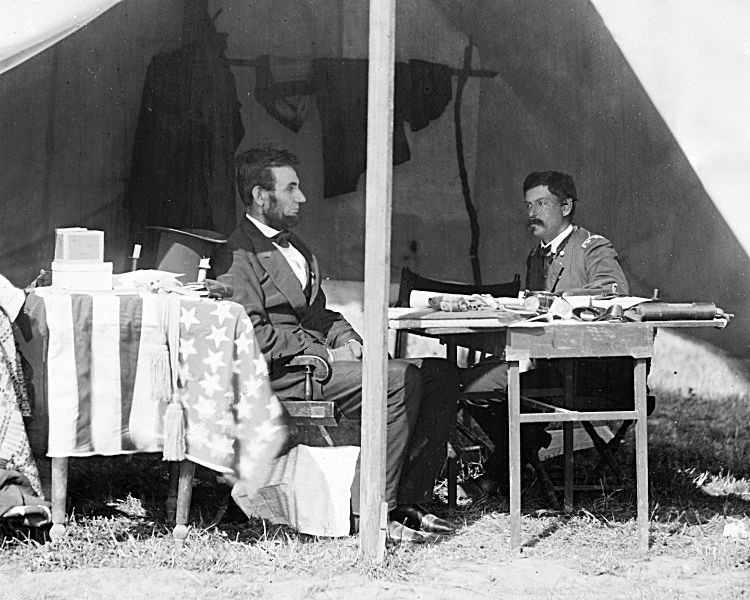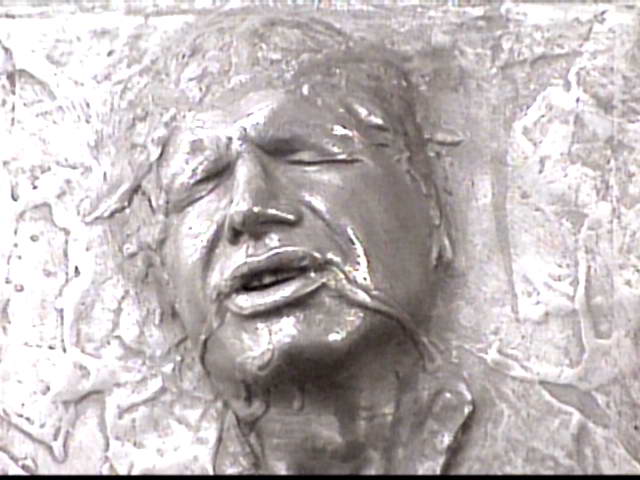Hello everyone! So, I have a quick personal story to relate: Last week, I happened to attend Mass at the University Catholic Center of my alma mater, and caught one of the final homilies there by Father Ivan, a wonderful priest who always seems to nail down simple but elusive truths. His topic was passion, and his premise was that, regardless of what we are passionate about, nurturing that fire and developing one’s gifts would ultimately help us do God’s will.
I’m passionate about the Enlightenment, so dammit, I’m gonna run with it and hope it makes itself relevant!
I’ve been re-reading Rousseau’s “The Social Contract,” and have decided to start a reading log. The problems with this approach is that, as you proceeds in a book on political theory, the questions you have tend to answer themselves, and the impressions you get are modified by new information. So, I’m tackling the book in chunks, and am trying my best to stay focused on the larger picture.
In my next post, I’ll focus on the first book of “The Social Contract,” particularly Rousseau’s opinions on property. In the meantime, I’m going to force you to endure a few sentences explaining my personal interest in the Enlightenment. I expect you will find them incredibly dull.
For those unfamiliar with “The Enlightenment,” it was an intellectual movement from the late 1600’s until 1800 that emphasized the application of reason to every human problem. It is the movement of that birthed both the USA and the French Revolution.
So, let’s start off with a question: Why the Enlightenment? Why study political and philosophical thought devoted to solving the particular questions of the eighteenth century, especially when the answers it provided were embodied in the dysfunctional government of Revolutionary France? The great thinkers have moved on in the last 200 years; why haven’t I?
I think the appeal of the Enlightenment is best expressed by Enlightenment thinker Emmanuel Kant:
“Enlightenment is man’s emergence from his self-imposed nonage. Nonage is the inability to use one’s own understanding without another’s guidance. This nonage is self-imposed if its cause lies not in lack of understanding but in indecision and lack of courage to use one’s own mind without another’s guidance. Dare to know! “Have the courage to use your own understanding,” is therefore the motto of the enlightenment.”
In other words, the Enlightenment is about faith: faith in reason. Enlightenment thinkers had a faith that reason could solve every problem, and (perhaps more importantly), that with proper understanding, and a dash of courage, every person is capable of rational thought. This faith is fundamental to belief in free will, and is the foundation of my own worldview. It is a faith that has been under attack in the 200 years since the Enlightenment.
I lack the philosophical muscle to prove or disprove the existence of rational free will. But, I can put it to the test, and see what conclusions it yields. So, I’m studying Rousseau to understand the logic that underpins the American and French Republics, and to see where that logic leads.
Rousseau was the last and greatest of the Enlightenment thinkers. To a point, all subsequent human thought could be considered a particular interpretation or reaction to Rousseau. I want to gauge whether this giant of the Enlightenment was capable of cutting through the most difficult philosophical knots, or whether he simply leaves our thoughts as tangled as ever.
Stay tuned.







